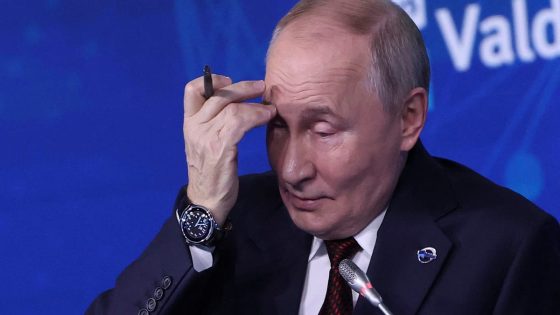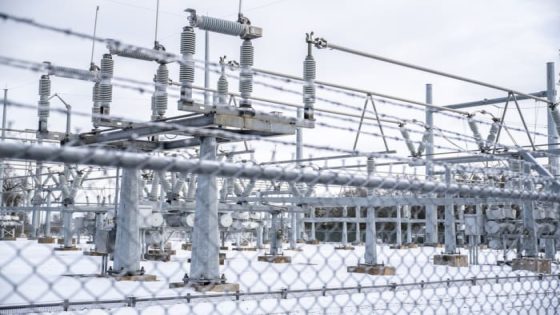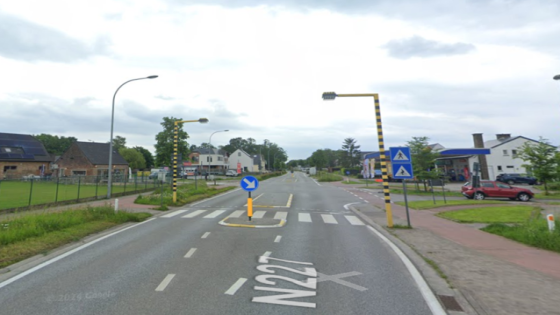On January 23, 2025, former President Donald Trump issued a warning regarding potential sanctions and tariffs on Russia if President Vladimir Putin does not negotiate a resolution to the ongoing war in Ukraine. Trump made these comments via his Truth Social platform, emphasizing the urgency of reaching a deal to end the conflict that has persisted for nearly three years.
- Trump threatens more sanctions on Russia
- Call for a deal to end Ukraine war
- Conflict has lasted nearly three years
- Tens of thousands of lives lost
- Easy way versus hard way approach
- Tariffs on Russian goods to the US
The backdrop of Trump’s remarks is the prolonged invasion of Ukraine by Russian forces, which has resulted in significant casualties and destruction. The conflict has led to tens of thousands of deaths among both Ukrainian defenders and Russian troops since it began almost three years ago. As Kyiv continues its resistance against Moscow’s military actions, international responses have included various sanctions aimed at crippling Russia’s economy.
Trump’s statement highlighted his belief that immediate negotiations are crucial. He asserted that failing to reach an agreement would compel him to impose “high levels of Taxes, Tariffs, and Sanctions” on any goods exported from Russia to the united states. His remarks suggest a willingness to escalate economic pressure should diplomatic efforts falter.
- Conflict duration: Nearly three years
- Estimated casualties: Tens of thousands
- Trump’s proposed measures: High taxes and tariffs on Russian imports
This situation reflects ongoing tensions between Western nations and Russia over its military actions in Ukraine. Many countries have already implemented sanctions targeting key sectors of the Russian economy as part of their response strategy. Trump’s comments indicate that he may pursue even stricter measures if he regains political power or influence.
In summary, Trump’s warning about potential sanctions underscores the critical need for diplomatic solutions amidst ongoing violence in Ukraine. As international stakeholders remain engaged, the future trajectory of this conflict will likely depend on successful negotiations between involved parties.

































